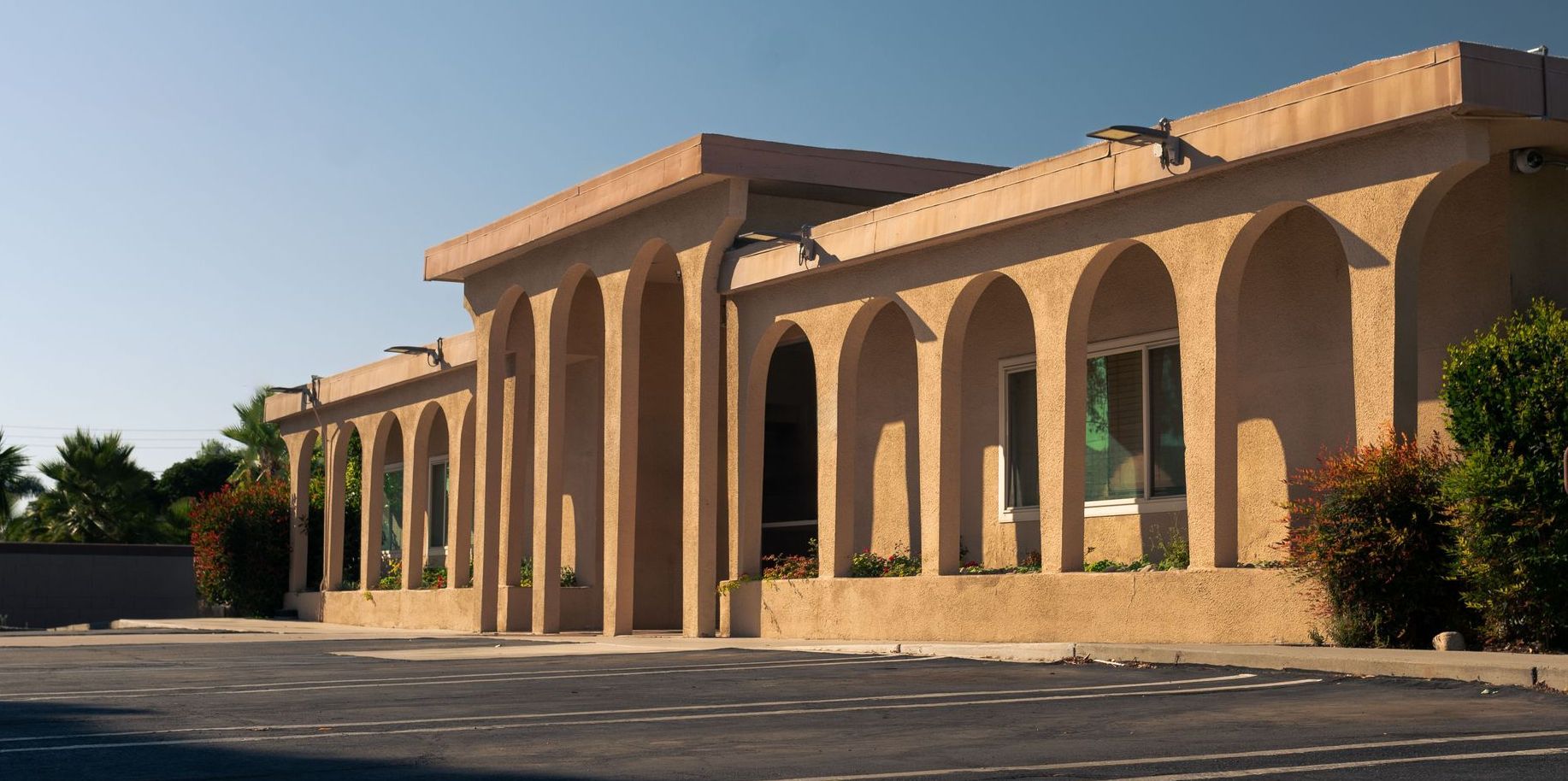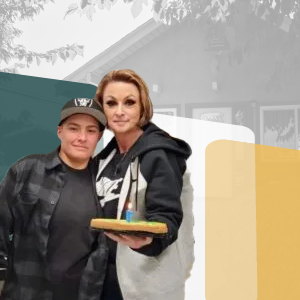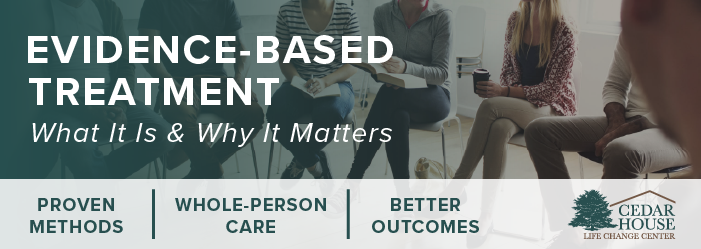The Company She Kept

As a teenager, Sabrina overcame the challenges of bouncing around numerous foster and group homes, frequently being rejected for her sexuality. She emancipated from the system and prepared herself to start school. The company she kept, unfortunately, led her down a dark path instead.
The young woman with whom Sabrina had a relationship since the age of 15 was a drug addict. She used meth on a regular basis and tried to convince Sabrina to join her. Sabrina wasn’t interested. As a matter of fact, she argued with her girlfriend time and again begging her not to use. But ultimately, there came a time when Sabrina lost that argument and was persuaded to try using meth herself.
She was living in a group home in Pasadena when it happened. Sabrina said, “I can’t count how many group homes and foster homes I had lived in.” Her girlfriend and roommate surprised her by using meth in her room while she was in the shower. She said, “I was scared of meth. I wouldn’t touch it.” When she entered the room and saw that they were using, they fought for a long time before her girlfriend finally said, “If you love me, you’ll try it.” And that was the final straw.
Shortly after that first experience with meth, Sabrina and her girlfriend, both addicted, were kicked out of the group home. She was homeless, hadn’t started school and was barely getting by with cash aid and food stamps. Even at times when Sabrina wasn’t interested in getting high, her girlfriend would manipulate her into using.
Sabrina lived under a bridge on a binge in Pomona for three years. During that time, she met up with an old boyfriend which led to an unexpected pregnancy. She said, “I didn’t even know I was pregnant until I went into labor. I was so high and so skinny.”
The paramedics immediately took the baby girl away, but that was a turning point for Sabrina. She said, “I fought tooth and nail to get her back.”
Her social worker asked if she would be willing to go to rehab in order to gain custody of the baby, and Sabrina wholeheartedly agreed. She called every day to inquire about getting into a residential program. In March 2018, she was admitted to the Maple House program. She simply wasn’t ready. During her stay at Maple House, she was rude, disobedient and angry. By May she had made very little progress, and her behavior led to her dismissal from the program.
A few months later, she entered another rehab program where she served as kitchen coordinator and began to make some progress toward sobriety. She got in trouble there for breaking rules and was dismissed from that program as well. Next, she tried an outpatient program and continued staying clean and sober. She moved into a sober living facility. When one of her drug tests came out questionable, she had to leave that home, too. She said, “I ended up losing my home and losing faith again. I went back to the streets in Pomona.”
On February 21, 2019, her social worker managed to get her back into the treatment program at Maple House. This time she was ready. She loved her counselors and learned so much from them.
Sabrina said, “They really helped me through it. Rosanna opened my mind. Rita taught me to cook and gave great advice. They were always there to listen, and they motivated me to do good. I could talk to them instead of getting angry.”
At Maple House, Sabrina learned the importance of surrounding herself with kind-hearted people who not only care about her, but also continuously build her up to be the woman she was born to be. She has been sober for nearly two years and is the proud mother of two young girls.


When someone is seeking help for drug or alcohol addiction, one of the most important questions to ask is: Is this treatment evidence-based? The answer can make a meaningful difference in recovery outcomes, safety, and long-term stability. At Cedar House Life Change Center, evidence-based treatment is the foundation of everything we do. Our programs are designed using approaches that are backed by research, clinical best practices, and decades of real-world experience serving individuals and families in the Inland Empire. What Does “Evidence-Based Treatment” Mean? Evidence-based treatment refers to therapies and clinical practices that have been scientifically studied and proven effective in treating substance use disorders and co-occurring mental health conditions. These approaches are recommended by national health authorities and continuously evaluated to ensure they improve outcomes. Unlike untested or purely anecdotal methods, evidence-based care relies on: Clinical research Outcome data Professional standards of care Ongoing evaluation and improvement In addiction treatment, this matters because recovery is complex, personal, and deeply impacted by mental health, trauma, and social factors. Why Evidence-Based Treatment Matters in Recovery Addiction affects both the brain and behavior. Effective treatment must address more than substance use alone. Evidence-based treatment: Improves engagement and retention in care Reduces relapse risk Supports mental health and emotional regulation Helps individuals build practical coping skills Increases long-term recovery success For families and referral partners, evidence-based care also provides confidence that treatment decisions are grounded in proven methods—not trends or shortcuts. Evidence-Based Treatment at Cedar House Cedar House has served adults seeking recovery for decades, and our treatment model continues to evolve based on best practices and community need. Structured, Research-Supported Curricula Cedar House utilizes well-established, evidence-based curricula, including: The Matrix Model, a structured approach shown to be effective in treating substance use disorders Living in Balance, a nationally recognized curriculum that addresses substance use, mental health, relapse prevention, and life skills These frameworks provide consistency while allowing flexibility for individual needs. Integrated, Whole-Person Care Evidence-based treatment recognizes that recovery is not one-size-fits-all. At Cedar House, clients participate in therapeutic groups and services that address: Substance use patterns Co-occurring mental health conditions Trauma and stress Family relationships Emotional regulation and coping skills This integrated approach supports both short-term stabilization and long-term recovery. Medication-Assisted Treatment (MAT) When clinically appropriate, Cedar House incorporates Medication-Assisted Treatment (MAT) as part of an evidence-based recovery plan. MAT is widely recognized as an effective tool for reducing cravings, supporting stabilization, and improving treatment retention, especially when combined with counseling and behavioral therapies. Individualized Services While evidence-based models provide the framework, treatment at Cedar House is always individualized. Clinical teams work with each client to develop a plan that reflects their history, goals, strengths, and challenges. T his balance between structure and personalization is a hallmark of effective evidence-based care. Why Evidence-Based Care Matters for Families and Referral Partners Choosing a treatment program is a significant decision. Evidence-based treatment offers reassurance that: Care is aligned with clinical standards Services are ethically and professionally delivered Treatment approaches are supported by research and outcomes Recovery planning is intentional and goal-oriented For referral partners, evidence-based programs help ensure continuity of care and better outcomes for the individuals they serve. A Commitment to Quality and Accountability At Cedar House, evidence-based treatment is not a buzzword. It’s a commitment. Programs are continually reviewed, staff are trained in best practices, and services are delivered with compassion, accountability, and respect for each individual’s recovery journey. Getting Help That’s Grounded in What Works If you or a loved one is exploring treatment options, understanding whether a program uses evidence-based approaches is an important first step. At Cedar House, treatment is grounded in what works because recovery deserves care that is informed, intentional, and proven. To learn more about Cedar House programs or to access services using private health insurance, explore the website or call 909-421-7120 today.

The holiday season can be joyful but also challenging. For many people, the holidays are a time of togetherness and celebration. But for those in recovery from substance use, this season can bring a mix of emotions -- joy and gratitude, but also stress, temptation, and pressure. Family gatherings, social events, and memories of past holidays can test even the strongest commitment to sobriety. At Cedar House Life Change Center, we understand these challenges. Our mission is to help individuals and families build lasting recovery through treatment, education, and ongoing support. Here are a few practical ways to protect your sobriety and stay connected to hope this holiday season. 1. Plan Ahead for Triggers Before attending a party or event, think about what might challenge your recovery. Bring your own non-alcoholic drink, drive yourself so you can leave early if needed, and connect with your sponsor or peer network before you go. Preparation gives you confidence and control. 2. Stay Connected to Your Support System The holidays can feel isolating, especially if you’re making lifestyle changes. Reach out to supportive friends, family members, or recovery peers who understand your journey. Schedule a check-in or attend a support group before and after big events. Staying connected helps you stay grounded. 3. Prioritize Self-Care Take care of yourself, physically, emotionally, and spiritually. Maintain regular sleep, eat balanced meals, get outside, and make time for reflection or prayer. A calm and nourished mind is your strongest ally in maintaining sobriety. 4. Set Boundaries and Say “No” Without Guilt You don’t have to attend every event or explain your choices. Declining an invitation or leaving early doesn’t make you antisocial. It makes you strong. Your recovery is your priority, and real friends and loved ones will respect that. 5. Keep Recovery at the Center of the Season Stay consistent with meetings, counseling, or alumni groups. Cedar House offers aftercare support, relapse prevention programs, and peer connections that help clients stay engaged long after treatment. Recovery doesn’t stop after discharge. It’s a lifelong process of growth and renewal. You Don’t Have to Do This Alone If you or someone you love is struggling this holiday season, Cedar House Life Change Center is here to help. Our compassionate team provides evidence-based treatment, medical support, and recovery programs designed to meet each person’s unique needs. Reach out today to learn how we can help you or your loved one find peace, purpose, and sobriety this holiday season and beyond.


Share On: